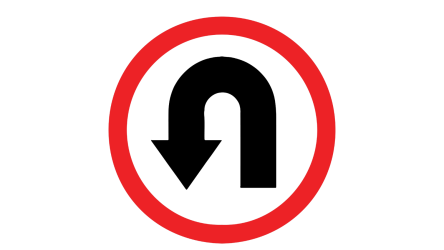
In a detail that may have been missed underneath the headlines, the recent Budget introduced a change for businesses that use double cab pickups as part of their fleet.
From April 2025, double cab pickups with a payload of one tonne or more will be classified as company cars for tax purposes, a change that will increase the benefit-in-kind (BIK) tax paid by both employers and employees.
This new rule is set to impact capital allowances, Income Tax, National Insurance contributions (NICs), and some business deductions.
Why double cab pickups are being reclassified
For years, there has been an ongoing debate about how to classify certain vehicles for tax purposes, especially in cases where vehicles like double cab pickups, vans, and small commercial vehicles have mixed usage.
HM Revenue & Customs (HMRC) have made this change to provide clarity on the tax treatment of double cab pickups, particularly those used for business purposes.
Under this reclassification, double cab pickups will no longer receive the more favourable tax treatment typically afforded to commercial vehicles like vans.
Tax implications for double cab pickups as company cars
The reclassification will impact double cab pickups in the following ways:
Benefit-in-kind tax
Under the current rules, pickups are subject to a fixed BIK rate of £3,960.
Once they are classified as cars, however, the BIK tax will be calculated based on factors such as the vehicle’s CO2 emissions and list price, which could result in thousands of pounds more in BIK for employees using these vehicles.
Capital allowances
From April 2025, double cab pickups will be treated as cars for capital allowance purposes.
Businesses will need to consider the potential reduction in capital allowance deductions available for these vehicles, as cars generally have more restrictive capital allowance rates compared to commercial vehicles.
National Insurance Contributions
The higher BIK values associated with cars mean that employers will face increased NICs, which can add to the total cost of providing double cab pickups as company vehicles.
Fuel benefit costs
The reclassification also affects any associated fuel benefits.
As cars, fuel benefit rates will apply based on car fuel benefit rates rather than van fuel benefits, further increasing the tax burden on businesses that provide fuel for these vehicles.
Who will be affected and when?
The new tax treatment applies to double cab pickups acquired from April 2025 onward.
However, businesses that already own, lease, or have ordered double cab pickups before 6 April 2025 will be eligible for transitional BIK arrangements.
These transitional arrangements allow employers to use the previous tax treatment until the earlier of either the vehicle’s disposal, lease expiry, or 5 April 2029.
This will help some businesses manage the immediate impact, although they will eventually need to comply with the new classification.
For businesses considering vehicle purchases over the next year, it may be worth completing any purchases before April 2025 to take advantage of the existing, more favourable tax treatment.
What businesses can do now
With these changes on the horizon, now is the time for businesses to assess their vehicle policies, budgets, and tax planning strategies.
Review fleet composition
Evaluate whether double cab pickups remain the most cost-effective option for your business, given the new tax implications.
It may be worth considering other vehicles that meet business needs while offering a more favourable tax treatment.
Communicate with affected employees
Employees currently using double cab pickups may face a substantial increase in their personal tax bills due to higher BIK rates.
Make sure employees are made aware of these changes so they better understand the impact and can make adjustments where possible.
Plan for transitional relief
For those who already own or lease double cab pickups, review the eligibility criteria for transitional relief.
This relief could help ease the financial impact over the next few years, providing some breathing room as your business adjusts.
Revisit fuel policies
The reclassification will increase fuel benefit costs for double cab pickups.
Consider reviewing your fuel policies, particularly if your business provides fuel benefits to employees, to determine if any adjustments are needed to minimise costs.
These changes may not be the simplest to adjust to, so if you would like further information or advice on the reclassification of double cab pickups, please contact us today.

